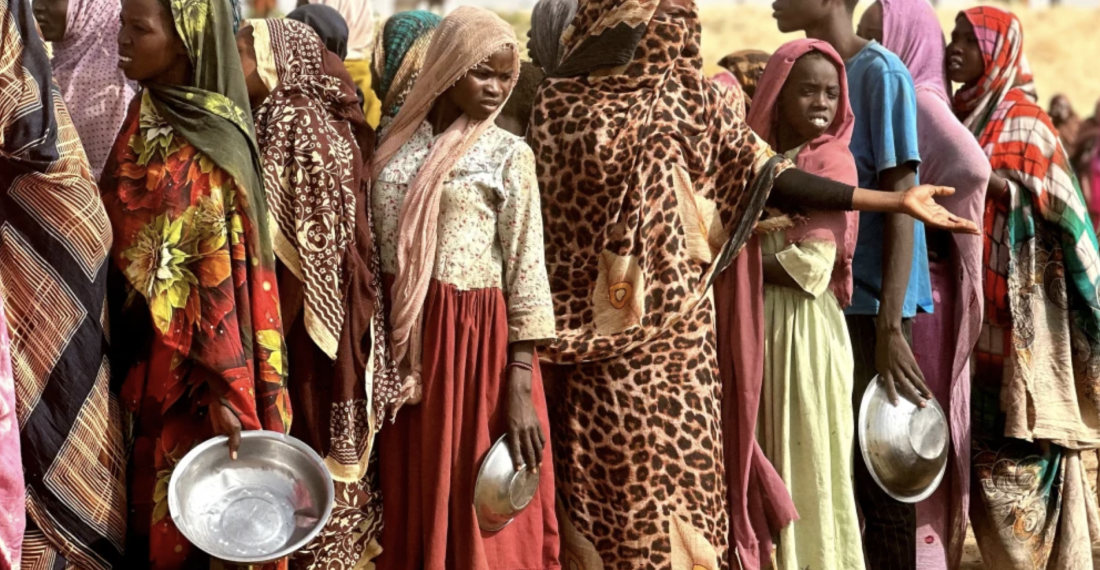The International Criminal Court (ICC) has reported strong evidence of ongoing war crimes and crimes against humanity in Sudan’s Darfur region. On Thursday (10 July), the ICC’s deputy prosecutor, Nazhat Shameem Khan, told the U.N. Security Council that current reports describe famine, attacks on hospitals and aid convoys, the use of sexual violence as a weapon of war, and the forced recruitment of children to fight as soldiers. Khan also argued that 'abductions for ransom had become common practice'.
Since the conflict erupted in April 2023 between Sudan’s military and the paramilitary Rapid Support Forces (RSF), the ICC estimates that at least 40,000 people have died and nearly 13 million have been displaced. The RSF has been accused of ethnic massacres, particularly targeting the Masalit community in camps such as Zamzam. Furthermore, the systematic use of starvation and sexual violence in these campaigns may now qualify as genocide. The ICC has also found that Sudan’s military may be guilty of war crimes, crimes against humanity, or genocide in the region.
ICC investigators have gathered over 7,000 pieces of documentary and testimonial evidence, including interviews conducted in refugee camps in Chad. Khan warned that conditions in Darfur could still worsen.







